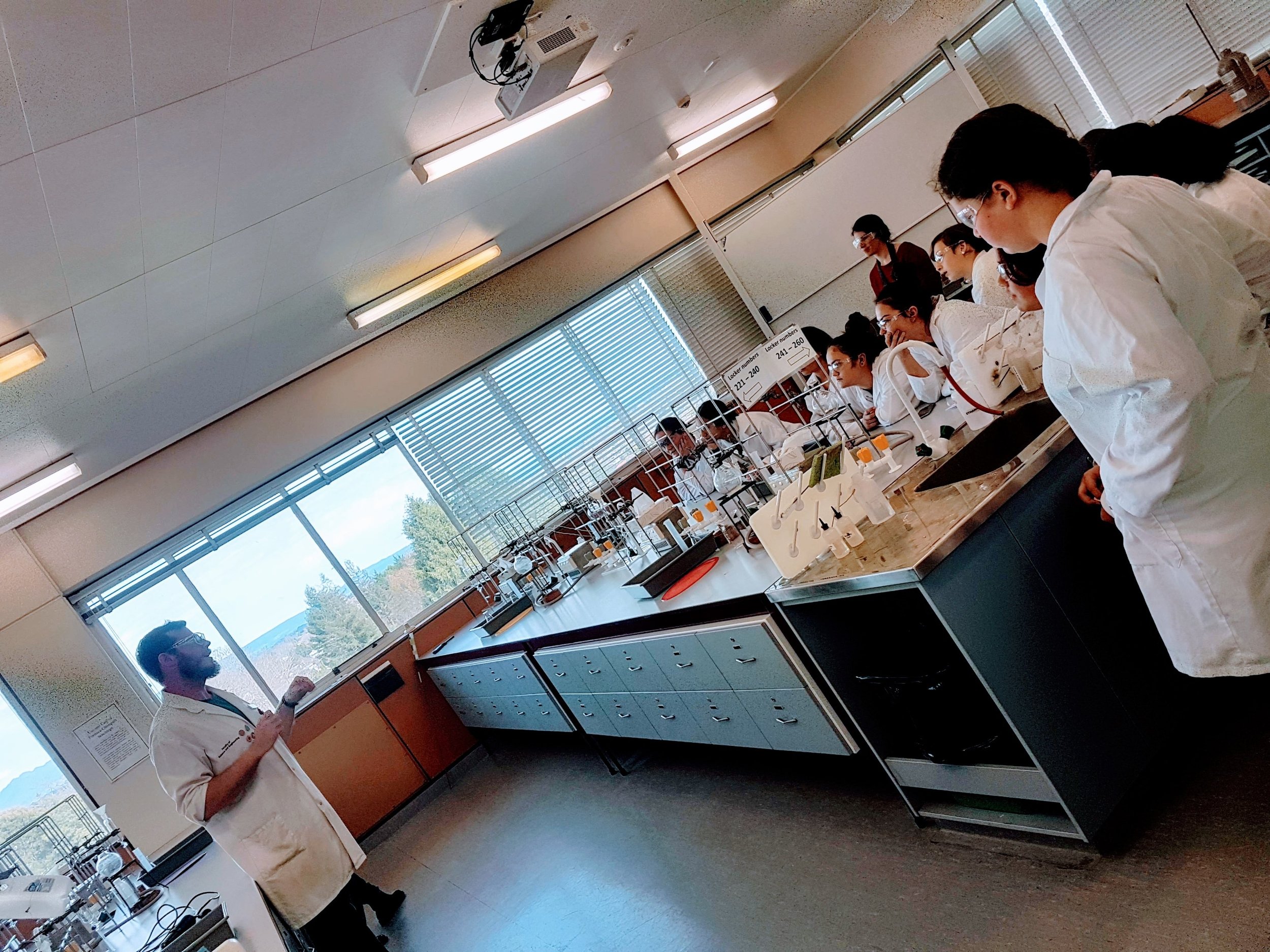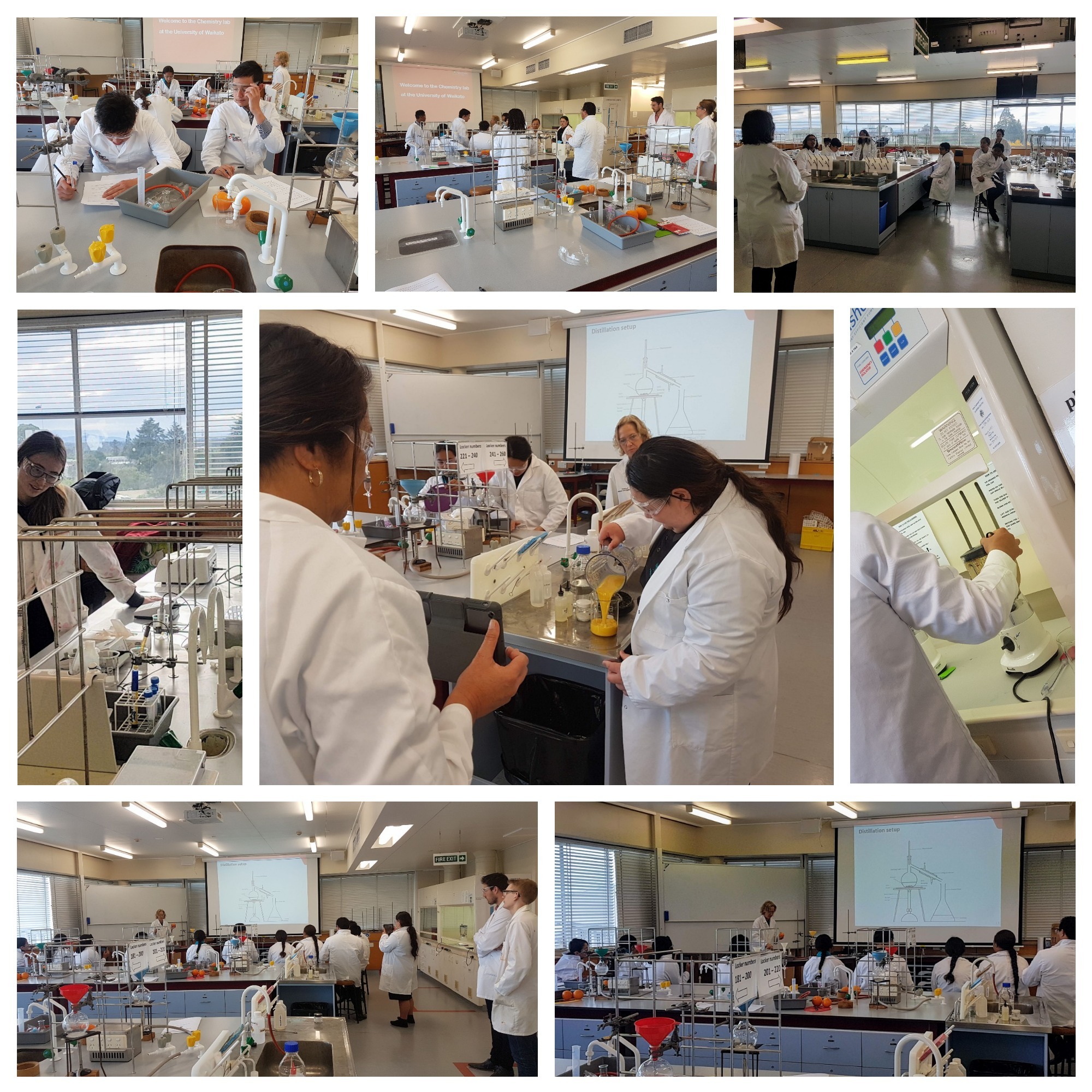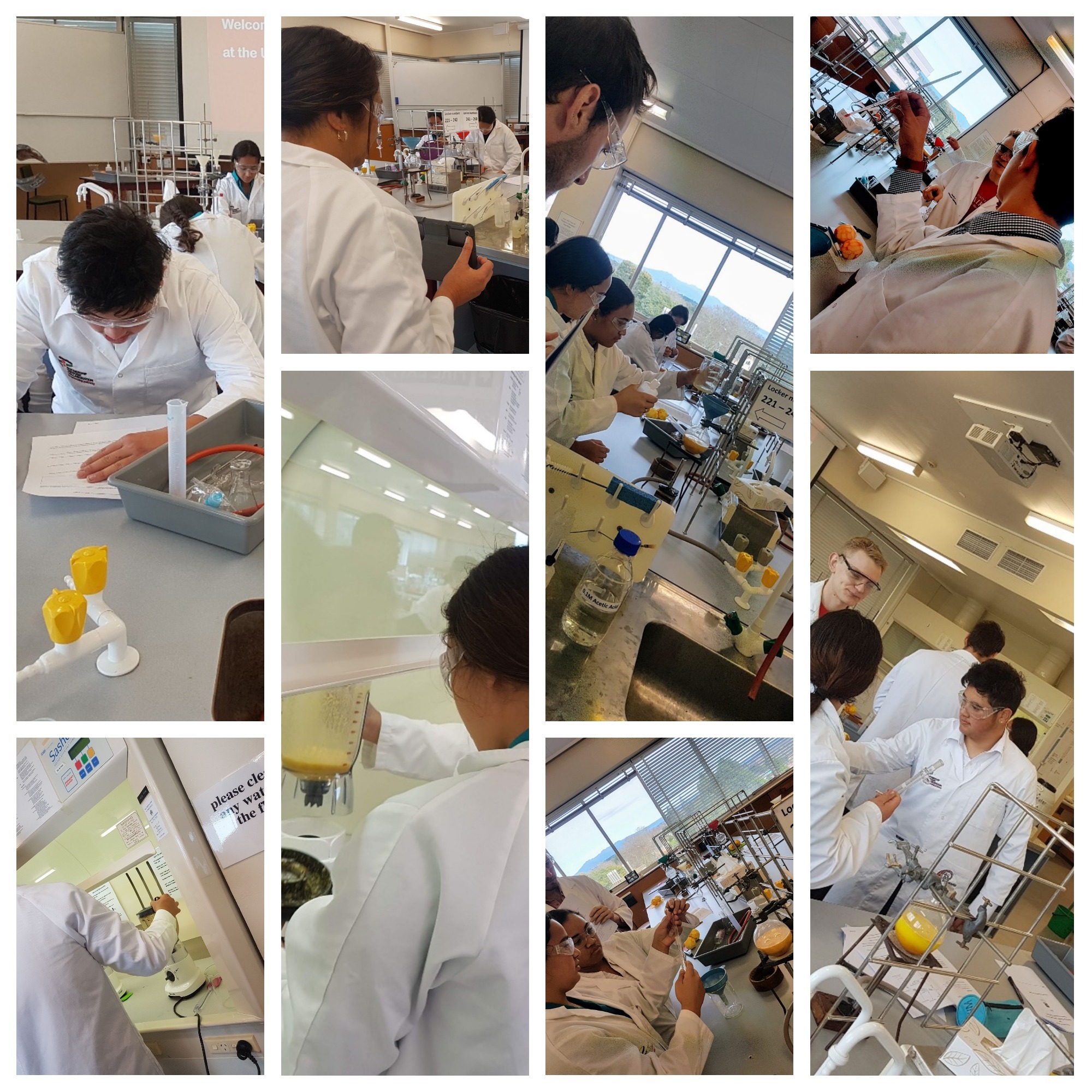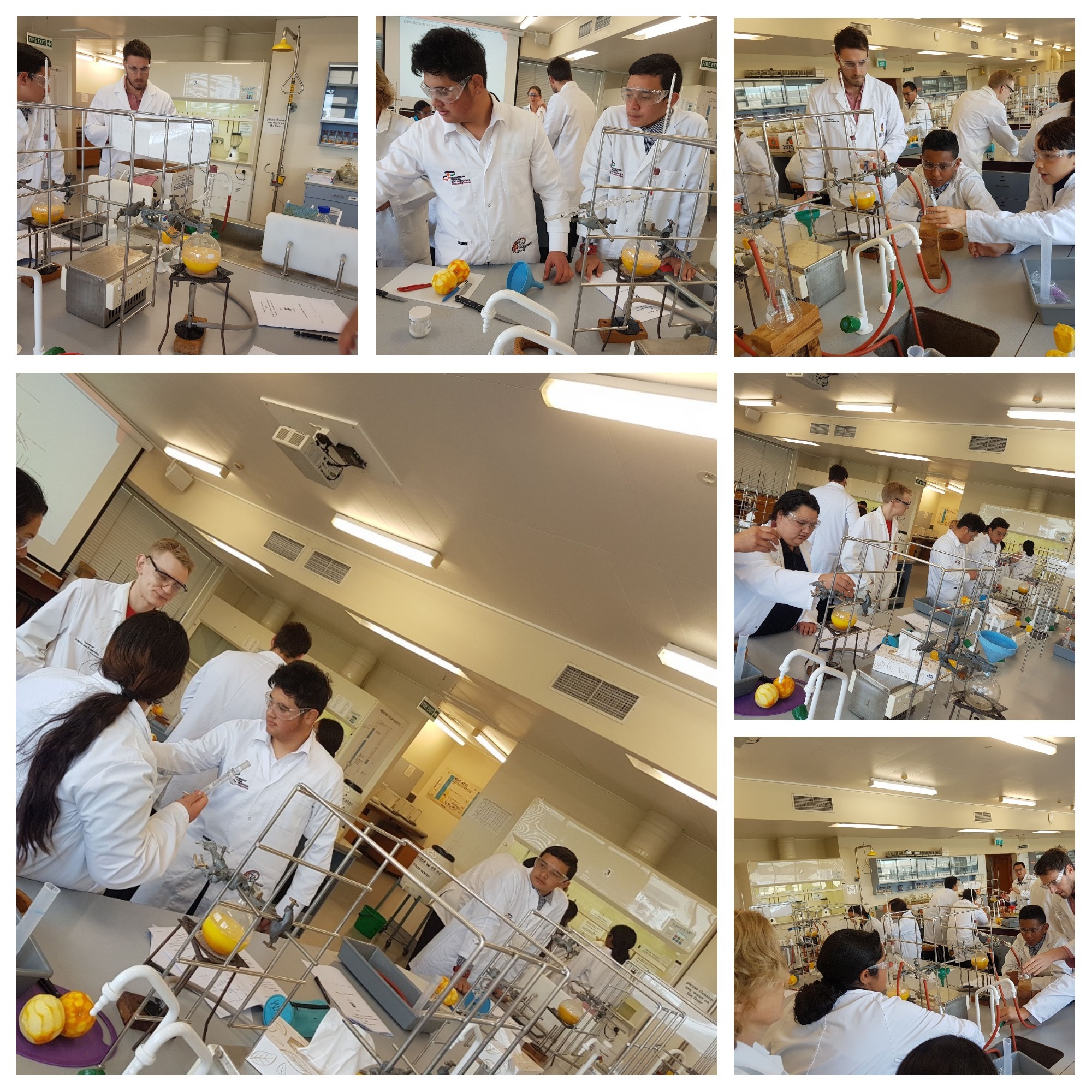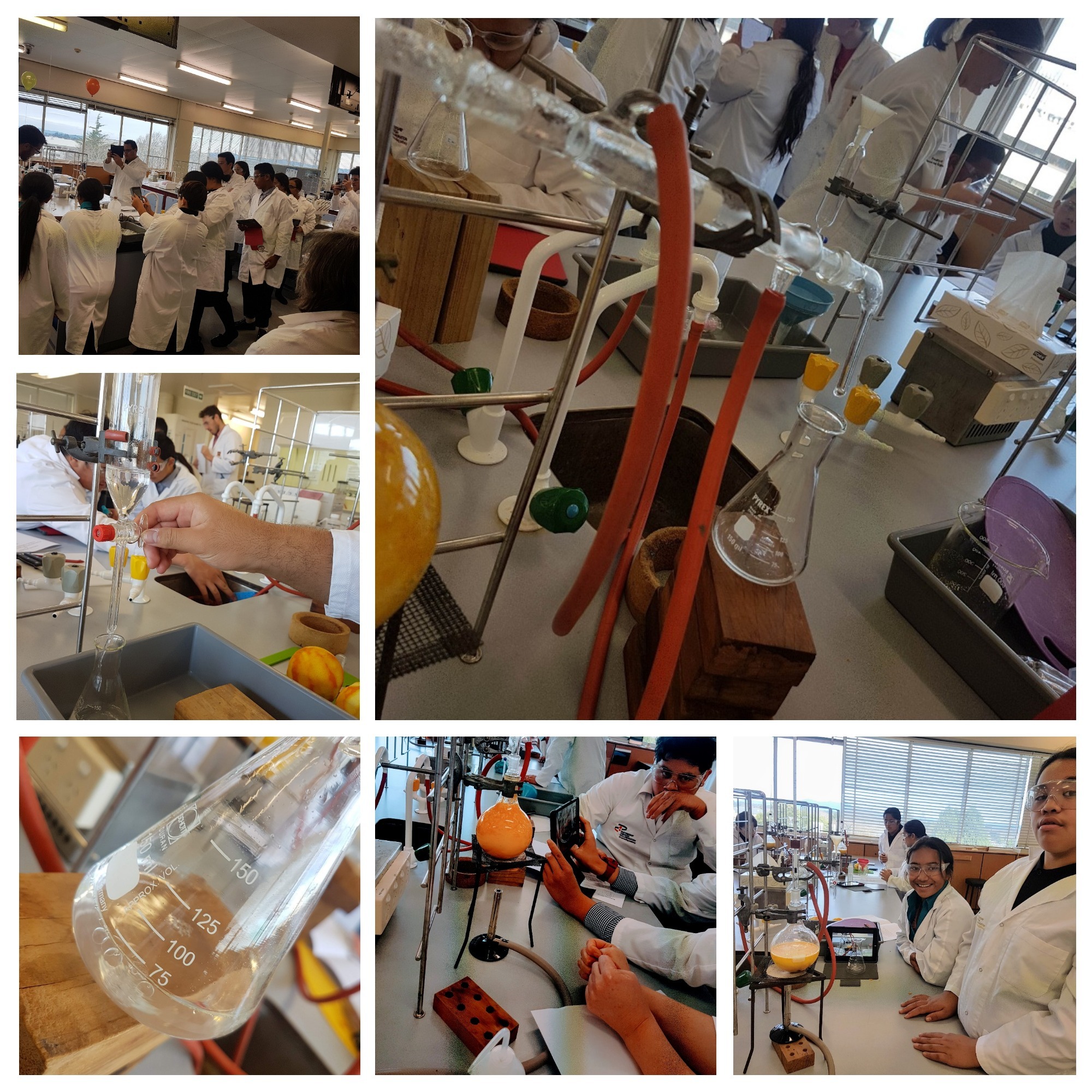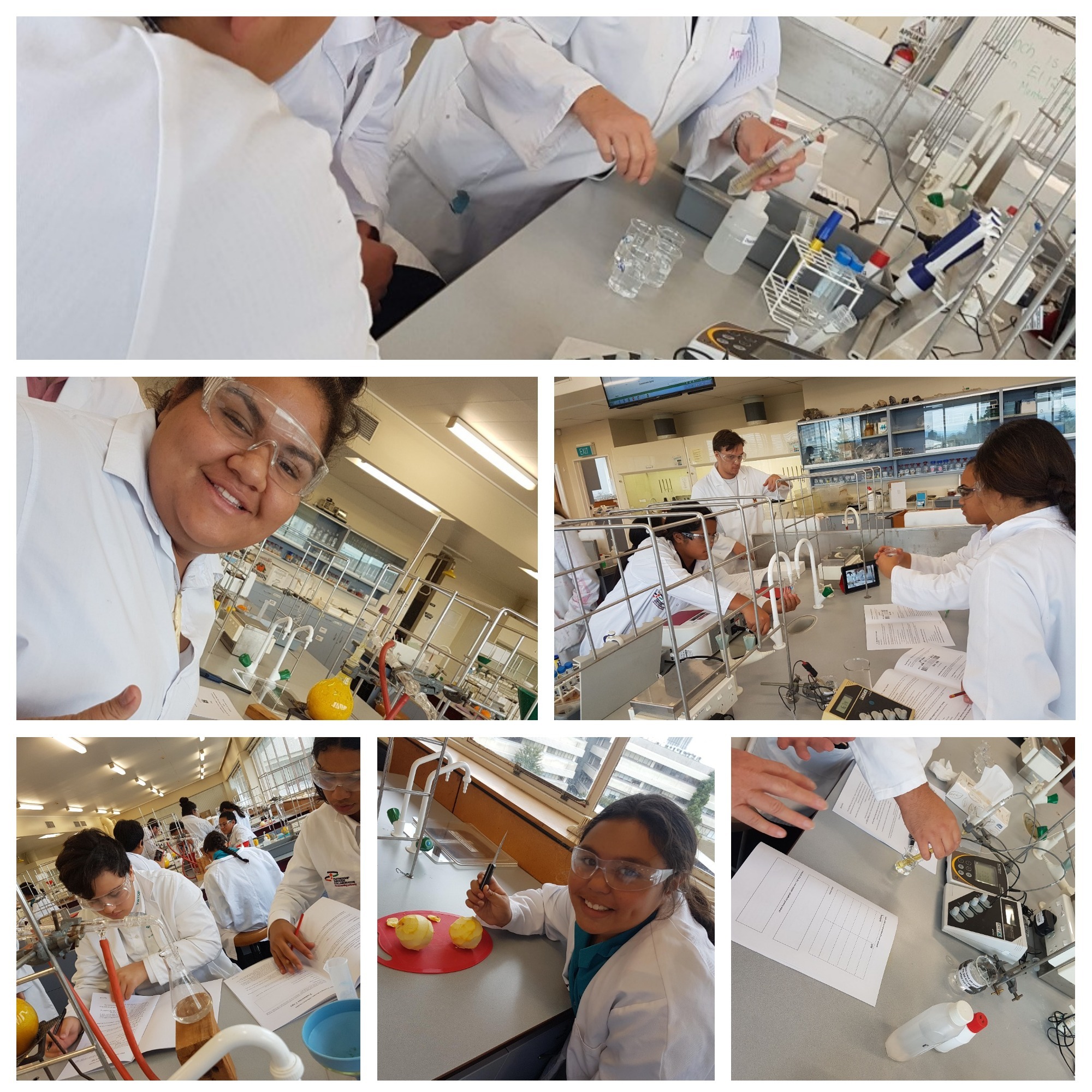Chemistry Analysis- Waikato University Session2
As students continued learning about their environment and the effect of climate change our focus turned toward developing eco-friendly cleaners.
In 2017, Nick Smith (former Environment minister) announced that the Government will ban microbeads from most common personal care products. Stuff 2017 reported that 'Microbeads are tiny plastic beads – less than 5mm in size – used to give products texture, act as an abrasive, or provide visual interest.
What are they?
Tiny beads of plastic that give products texture, or act as exfoliants.
What are they found in?
Some deodorant, shampoo, hair conditioner, shower gel, lipstick, hair colouring, shaving cream, sunscreen, insect repellent, anti-wrinkle cream, moisturisers, hair spray, facial masks, baby care products, eyeshadow and mascara.
Why should they be banned?
They wash into the oceans, and have been described as "persistent environmental pollutants"'.
Government regulations banning plastic microbeads came into effect as of 7 June 2018. The reason for the ban is to prevent plastic microbeads, which are non-biodegradable, entering our marine environment. They can harm both marine life and life higher on the food chain including humans. The decision followed public consultation with a total of 16,223 submissions received either supporting the proposed ban or part thereof. None were opposed.
Dr Megan Grainger (Analytical and Environmental Chemistry), University of Waikato shared with students that eco-friendly products (sunscreen, household cleansers) can reduce the prevalence of environmental pollutants entering into the environment. Armed with this understanding students diligently undertook the challenge of creating their own eco-friendly cleanser.
Dr Martina Pietsch Brown and team of graduates assisting students in setting up their distillation apparatus- a technique they would be using to separate any mixture of two liquids by raising the temperature of the mixture to a point where one of the liquids will boil but the other will remain a liquid. By condensing the resulting vapor, it is possible to end with two containers, each containing a relatively pure liquid.
The students were enthused to begin creating their eco-friendly cleanser utilising the process of distillation as a means to separate a pure liquid from the mixture of liquids. As the mixture is heated in a flask, the lower boiling point liquid evaporates first. The vapour is then cooled and condensed inside the condenser to form a pure liquid. The thermometer shows the boiling point of the pure liquid. Youths then added a series of reagents to create an eco-friendly cleanser that is gentle and powerful, without the chemicals or toxic fumes.
There are a range of alternative products available in New Zealand. Amongst these are:
Eco store NZ promotes a range of gentle products. They report that care is adopted from ingredient sourcing to production and packaging.
Dream Eco Products is another promoting the use of pure essential oils and non-toxic ingredients.
GreenEarth Solutions Ltd encourages us to say goodbye to hazardous chemicals through their eco-friendly products.
Our rangatahi departed from Waikato University fully motivated, charged and enthused about the impact and significance of eco-friendly detergents and cleansers for our rivers and beaches.


